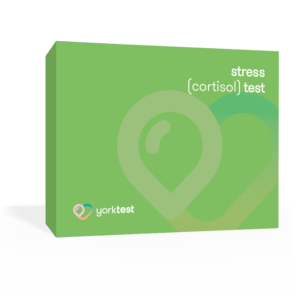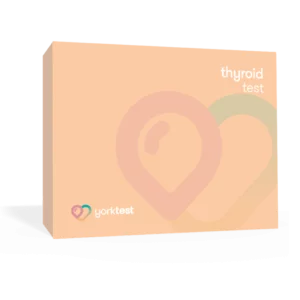Whether chopped, crushed, sliced or slivered, raw, roasted, milked or toasted, almonds are a wonder food. A practical Swiss army knife of an ingredient, almonds are filling, versatile and also a great food intolerance friendly substitute (gluten free almond cake, anyone?)
As well as this, as almonds are high in fibre, unsaturated fats, protein, calcium, and vitamin E, they can be a valuable and healthy part of a balanced diet. Studies have found that regularly eating almonds can work to reduce cholesterol and also the risk of heart disease, partly due to their antioxidant and “good fat†content.
However, whilst it’s true that almonds can be a positive addition to most diets, for many people it might not feel this way. If you’ve been trying to reap the benefits of almonds, but are only feeling ill in return, then it might be the case that you have an almond intolerance.
What is almond intolerance?
An almond intolerance is a set of specific symptoms brought on after eating almonds. Whilst most people can eat almonds in moderation with no negative health effects, people with an intolerance to almonds are likely to feel ill – although not immediately – after ingesting the nuts.
Whilst individual factors apply, one reason for feeling ill after eating almonds is the body mistakenly identifying the proteins in the nut as foreign. This can happen if, during digestion, tiny particles of food leak out of the gut wall into the blood stream, activating an immune response. The immune response can cause inflammation, which in turn triggers the symptoms of almond intolerance.
Our gut health can be impaired by many different causes, including, stress, food additives, use of antibiotics and environmental pollutants. However, gut health can improve if steps are taken to manage intolerance triggers and almond intolerance can become one of them.
What are the symptoms of almond intolerance?
As with all food intolerances, the severity, range, and type of almond intolerance symptoms can vary widely from person to person (we refer to this as our unique ‘food fingerprint’). Although not everyone might experience the full range, common symptoms of almond intolerance can include:
• Bloating
• Stomach pain
• Stomach cramps
• Wind
• Nausea
• Diarrhoea
• Eczema
• Itchy skin
• Acne
• Tiredness
• Runny nose and sinusitis
As with all food intolerances, almond intolerance symptoms might take up to 72 hours to appear. This means that pinpointing almonds as the exact trigger can be difficult, and when experiencing symptoms it can be easy to assume that something eaten more recently is the cause*.
If you suspect that almonds could be making you feel ill but can’t be certain, then taking a food intolerance test is a good idea. This way you can eliminate any guesswork, and find out whether it really is almonds, or something else, that’s triggering your food intolerance symptoms. Finding out your own personal dietary intolerances and the effects they have on your health and wellbeing is important to ensure you make the best possible food choices to balance your diet.
What should I do if I think I’m intolerant to almonds?
If you regularly experience any of the symptoms detailed above, and think that almonds might be the cause, it’s important to look towards getting to the root of the problem. First, it’s worthwhile booking an appointment to see a doctor to find out if another underlying problem might be the cause, and to rule out more serious problems like almond allergy.
Once you’ve ruled out any other potential triggers for your symptoms, then taking a food intolerance test is a good next step. This way, you can find out exactly which foods might be responsible for your symptoms, and receive help from a qualified Nutritional Therapist, to tailor your diet in a way that works for you. Plus, with the right approach, food intolerances aren’t always permanent, meaning that you might not have to cut almonds out of your diet forever.
Do you feel that almonds may not be agreeing with you? It could be time to take a deeper look at your diet. Take a YorkTest food intolerance test, to find out which foods are not agreeing with you and receive a personalised consultation to enable you to eliminate your trigger foods.
*YorkTest find that our customers with symptoms on average react to between 2 and 8 foods, meaning that simply cutting out one food might not have a desired benefit.















